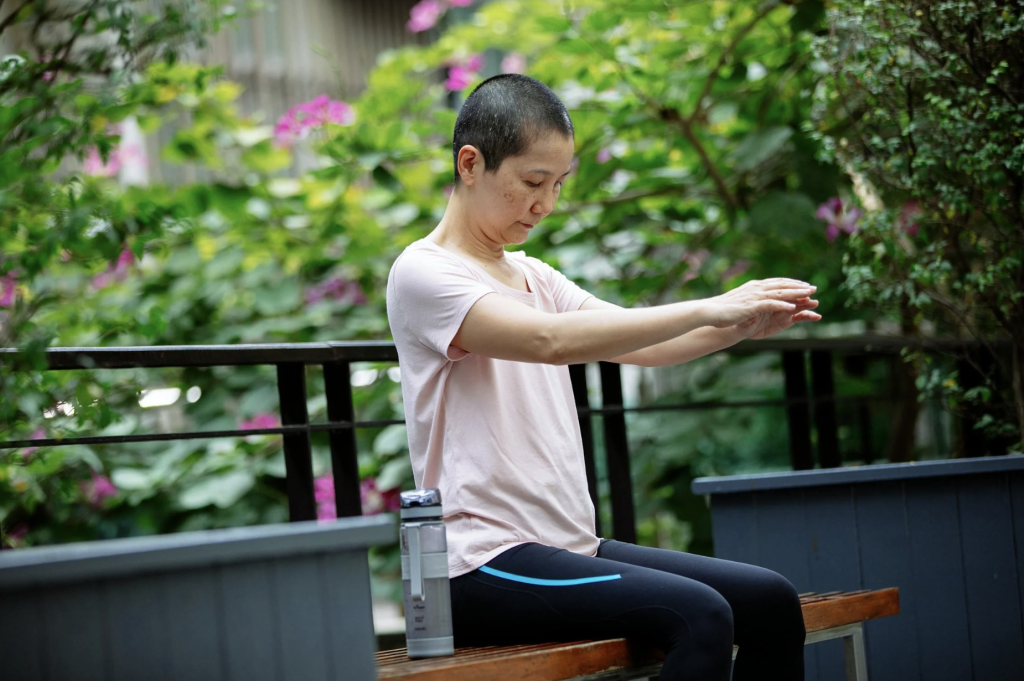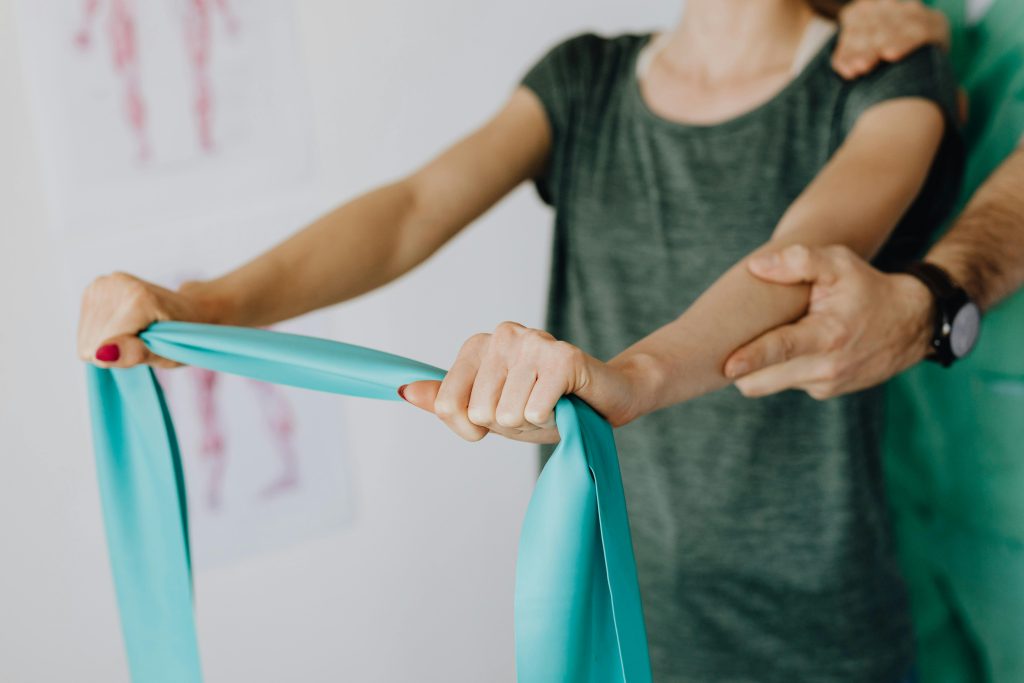Cancer Rehab & Maintenance
Just like any of our ultra holistic rehab therapy programs, cancer rehab therapy is a multi faceted effort including exercises, lifestyle planning, diet and active management, all addressed by the same team





We Know It's Not Easy
The ultimate goal of cancer rehabilitation is to promote functional independence and improve the quality of life
Read
Essential Frequently Asked Information
Cancer rehabilitation occurs across four key phases, each addressing distinct needs:
-
Preventative rehabilitation (Prehabilitation or Prehab): Begins at diagnosis, focusing on education, exercise, and nutrition to build resilience before treatment. This phase reduces surgical complications and hospital stays.
-
Restorative rehabilitation: Active during/after treatment (e.g., chemo, surgery), aiming to regain function through supervised exercise, nutrition plans, and therapy. It improves strength, mobility, and quality of life.
-
Supportive rehabilitation: For chronic or progressive cancer, this maintains independence via community-based exercise (e.g., walking groups), adaptive strategies, and psychological support.
-
Palliative rehabilitation: In advanced stages, priorities comfort, symptom management (e.g., pain, fatigue), and caregiver support to maximise dignity and reduce burden.
Prehabilitation prepares patients physically and mentally for surgery, leading to:
-
Reduced complications: Exercise and nutrition boost functional capacity, lowering risks like infection or prolonged hospitalisation.
-
Faster recovery: Patients regain mobility quicker and experience shorter hospital stays (by ~2 days).
-
Psychological resilience: Anxiety management improves coping during treatment.
-
Enhanced outcomes: Even brief prehab (<2 weeks) improves surgical tolerance and long-term function.
Yes, MDTs are critical for holistic care. Core members include:
-
Physiatrists (Rehab specialists): Lead functional assessments and prescribe tailored exercise/mobility plans.
-
Oncologists: Guide treatment integration and symptom management.
-
Nurses: Coordinate care, monitor symptoms, and educate patients/families.
-
Physical/Occupational therapists: Implement strength training and daily activity adaptations.
-
Dietitians: Optimize nutrition to counter cachexia and support recovery.
-
Psychologists: Address anxiety, depression, and cognitive changes.
Synergy: MDTs prevent gaps in care (e.g., untreated neuropathy) through coordinated plans, reducing hospital readmissions by 25%.
Physical rehab benefits most cancer types but requires caution in:
-
Advanced metastatic disease: Focus shifts to palliative rehab; intense exercise may be inappropriate.
-
Bone metastases/unstable fractures: Weight-bearing activities risk injury; hydrotherapy or seated exercises are safer.
-
Severe thrombocytopenia: Low platelet counts contraindicate strenuous activity due to bleeding risk
Note: Rehab is adaptable – even bedbound patients benefit from breathing exercises or passive stretching.
Lymphedema (swelling due to lymphatic damage) is managed through:
-
Complete Decongestive Therapy (CDT): Combines manual lymphatic drainage, compression bandages, exercises, and skincare. This gold standard reduces swelling by 40-60%.
-
Compression garments: Worn daily to maintain fluid reduction after CDT.
-
Exercise: Graduated strength training improves lymphatic flow without exacerbating swelling.
-
Surgical options: Lymphaticovenular anastomosis (LVA) may be considered but shows limited efficacy in advanced cancer.
Key: Early intervention prevents progression. In palliative stages, focus shifts to comfort (e.g., gentle massage, soft bandages).
Why Choose Us
Lifeweavers is a multi-disciplinary therapy team of highly experienced rehabilitation clinicians consisting:
Occupational Therapists
Physiotherapists
Speech Therapists
Hand Therapists
Dieticians
Stretch Therapists
Specialised Massage Therapists
Collaborative Acupuncture & TCM
All the rehab therapy specialists you’ll need to assist in every step of the way on their recovery journey.
Discuss With Us
There is no case too simple or complex to approach us for – we are relevant to anyone looking for personalised, high quality, preventive minded healthcare

